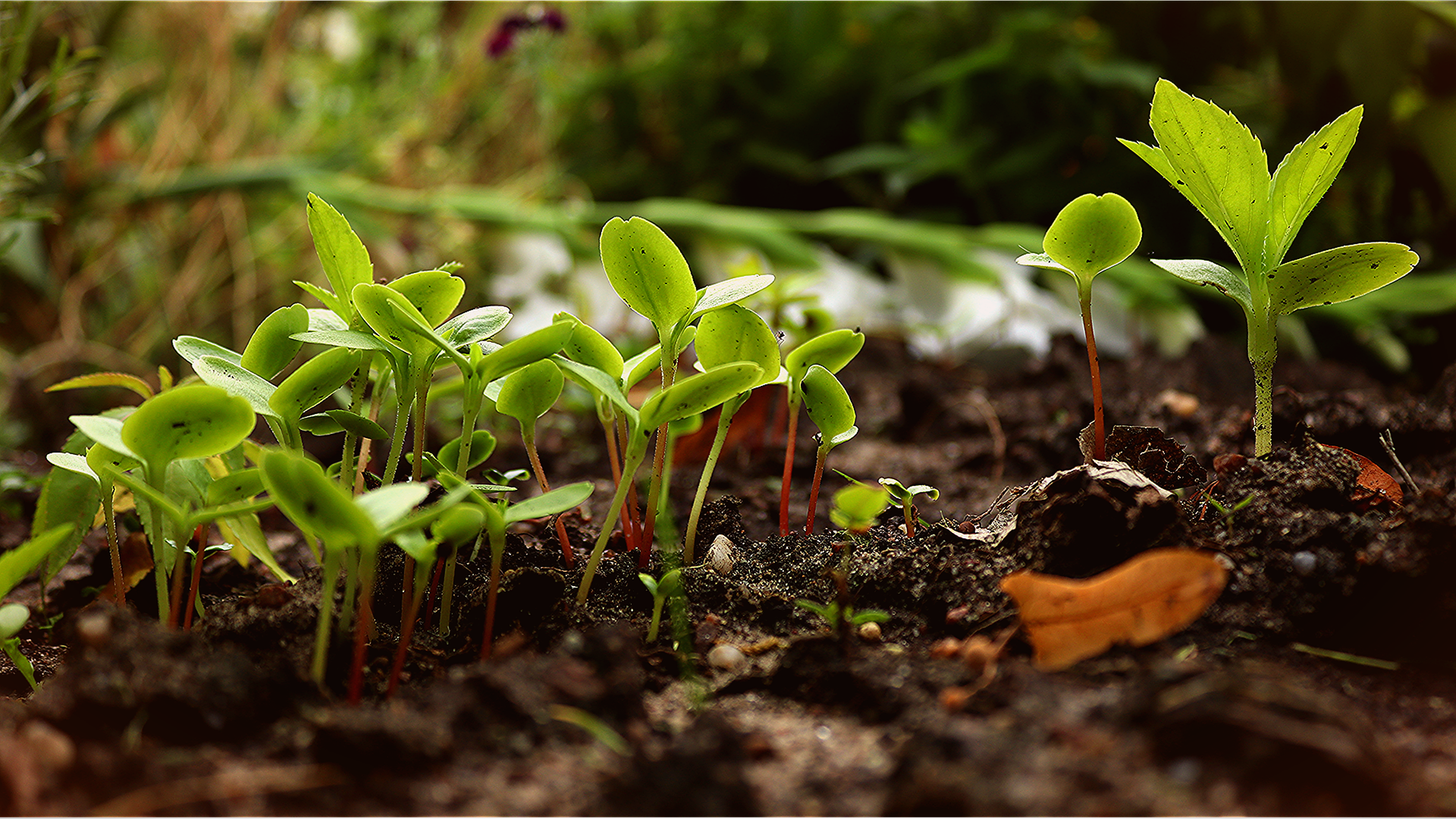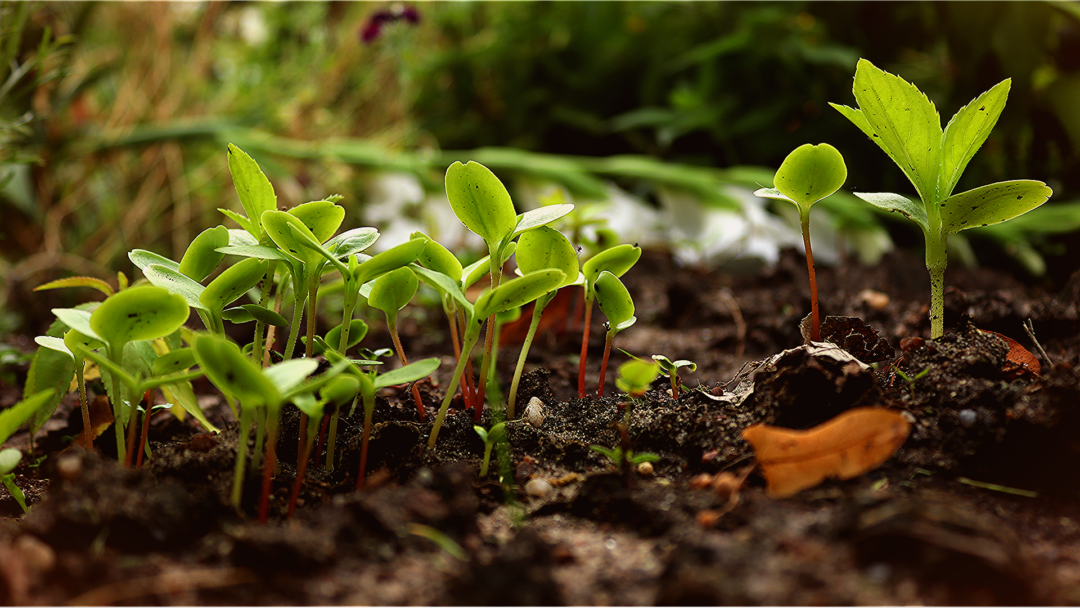
Image by Christiane from Pixabay
This is a contributed post and may contain affiliate links.
The need for sustainable gardening is more important now than it ever has been before – carbon emissions are at an all-time high and modern gardening practices are stripping resources from the environment without making efforts to replenish the land. As an alternative, sustainable gardening focuses on improving the quality of our ecosystem and utilising natural resources efficiently to reduce the depletion of these reserves whilst also restoring aspects of the land. Rather than driving the garden to produce what we desire, sustainable gardening involves working with nature to find the best possible way to grow what we need.
Here we discuss some of the ways that gardens can be made sustainable, and what environmental benefits they may yield in the long run.
Avoid using pesticides
The use of pesticides in gardening has a detrimental impact on both gardens and the planet. A significant reduction in the population of insects, as a result of the use of pesticides, has had serious effects on food chains. This doesn’t just affect problematic organisms but also beneficial insects, such as bees. Garden vermin, like mice, can be targeted by the use of pesticides; however, this can end up harming birds or other members of our ecosystem that rely on these garden pests as a source of food.
If the number of pollinators continues to decline, we risk plants not being able to breed, set seed, and fruit, which provides food for a variety of organisms, including ourselves. A natural alternative to using harmful chemicals is companion planting. This entails cultivating mutually beneficial species of plant – not only will these plants ward off unwanted pests, but they can also attract pollinators and offer protection from adverse weather conditions. You can also encourage the predators of a specific pest you are faced with – for example, ladybirds, hedgehogs and frogs are great at reducing the population of slugs and aphids that accumulate in the garden.
Go for a low-maintenance garden
By deciding on native plant species, you can increase the number of pollinating insects attracted to the garden – great choices include dandelions and buttercups. Seeing as though these plants are well-suited to the climate and weather experienced in the UK, they typically require less water. You can also make sustainable choices when it comes to the tools you use in your garden. Opting for battery-driven power tools or human-powered equipment reduces the amount of fossil fuels burnt, whilst ensuring the garden area is kept under control.
Minimise water usage
Water is a finite resource, therefore attempting to conserve as much water as you can is highly important, more so since water bills are predicted to increase in future months. A hassle-free, and relatively cheap, way to use less water is to collect rainwater – simply add a barrel to the base of your gutter. Another option is to spread biodegradable mulch over the soil. Doing so can provide the plant protection from the sun, prevent it from drying out and add additional nutrients to the soil. You can easily make your own mulch using wood chips or dead leaves and simply spread on top of the soil.
Ensure you use the right compost
Whilst it may seem that compost is naturally sustainable, this can be far from the truth depending on its ingredients. Any compost purchased should be peat free, as this is not a sustainable resource and must be conserved as much as possible. Suitable alternatives include coconut fibre or bracken, which contain a variety of organic materials favoured by plants.
If you have the time and space, creating compost yourself can be an eco-friendly substitute. All you need to do is to combine unwanted food and natural waste, such as vegetable peelings and garden trimmings, and transfer to a large container – with additional help from living decomposers like Earthworms, your compost will soon be ready to use in the garden.

